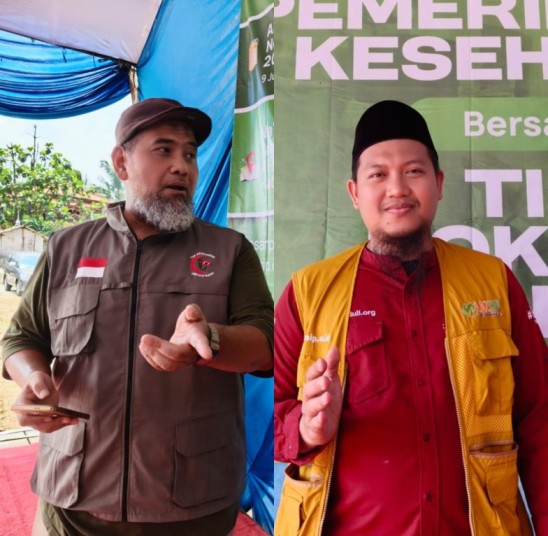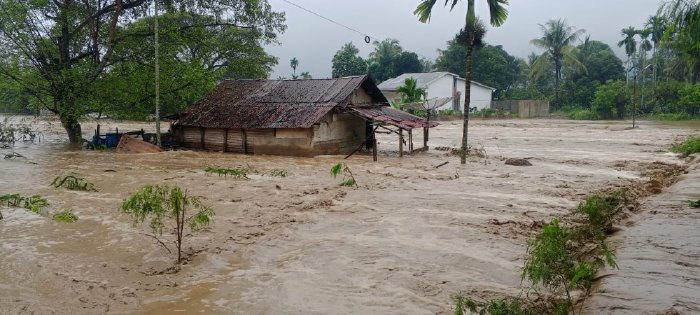UNESCO sets Indonesia’s Toba Caldera as Global Geopark

Jakarta (Indonesia Window) – The Executive Board of the United Nations Organization for Education, Science and Culture (UNESCO) established the Toba Caldera in Indonesia’s province of North Sumatra as a Global Geopark at the 209th Session in Paris on Tuesday (July 7).
At the meeting, the UNESCO Executive Board appointed 16 new Global Geoparks, including the Toba Caldera, the Indonesian Foreign Ministry’s statement was quoted by Indonesia Window here on Wednesday.
“Through this declaration, Indonesia can develop the Toba Geopark through the Global Geoparks Network and the Asia Pacific Geoparks Network, especially regarding the empowerment of local communities,” the Indonesian Ambassador to France concurrently Andorra, Monaco and UNESCO, Arrmanatha Nasir said.
The Indonesian government has succeeded in convincing UNESCO that the Toba Caldera has geological potential that sustains the lives of local people so as to form a rich culture, tradition and biodiversity.
This declaration encourages economic growth and sustainable development in the province and at the same time the government and local communities are obliged to preserve the environment in the Toba Caldera.
Previously, the Toba Caldera made it to the UNESCO list at the IV UNESCO Global Geoparks International Conference in Lombok, West Nusa Tenggara province, Indonesia, on 31 August-2 September 2019.
The Toba Caldera in North Sumatra Province was formed from a super volcanic explosion 74,000 years ago.
The base of the caldera is filled with waters and is the largest lake in Indonesia.
In addition to the Toba Caldera, Indonesia already has four other UNESCO Global Geopark sites, namely, Mount Batur in Bali, the Cileteuh geopark, in West Java, Gunung Sewu which covers Yogyakarta, Central Java and East Java, and Mount Rinjani in West Nusa Tenggara.
Reporting by Indonesia Window

.jpg)








